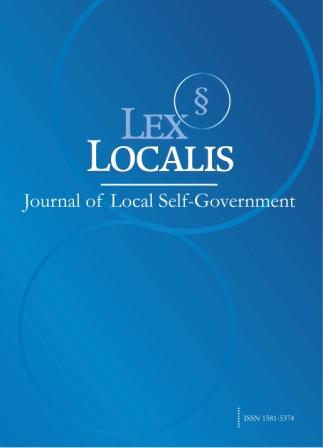RELIGIOUS CAUSES OF EXILE PUNISHMENT DURING THE ABBASID ERA (334–656 AH / 945–1258 AD)
DOI:
https://doi.org/10.52152/Keywords:
Abbasid Era, Exile Punishment, Religious Causes, Sectarian ConflictAbstract
The Abbasid era (334–656 AH / 945–1258 AD) witnessed a marked increase in religious and sectarian conflicts, resulting from the diversity of intellectual currents and the proliferation of various sects and groups. In response, the state employed exile as a punitive measure aimed at controlling unrest and managing sectarian tensions, particularly those arising from religious disputes. This punishment was imposed on individuals accused of opposing the official creed of the state or provoking sectarian discord. Such measures reflect the authority’s efforts to maintain political and social stability, often at the expense of intellectual and religious freedoms for certain factions and beliefs.
Downloads
Published
Issue
Section
License
Copyright (c) 2025 Lex localis - Journal of Local Self-Government

This work is licensed under a Creative Commons Attribution-NonCommercial-NoDerivatives 4.0 International License.








